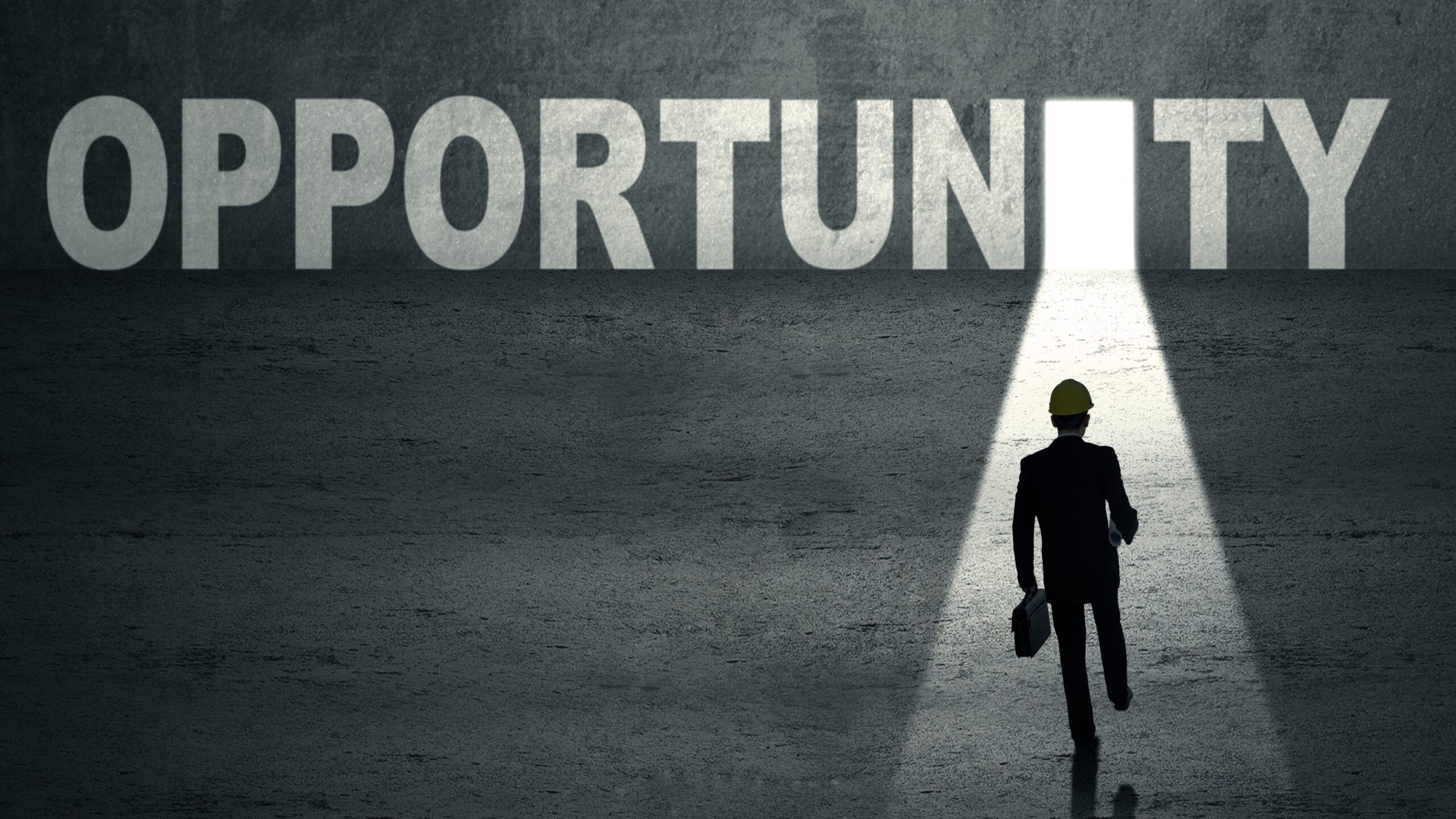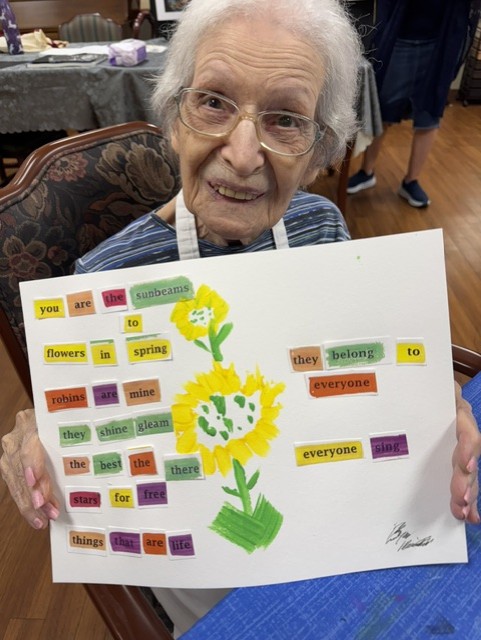Hang around enough funerals and eventually you will hear the cliché about hearses and U-Haul trailers. For those who have not heard the message, it goes something like this: “Your life is not measured by your things or by how much you’ve accumulated. After all, you can’t take any of it with you. Have you ever seen a hearse pulling a U-Haul trailer?” The image may be a tired one, but the underlying point certainly is true. The meaning of a life isn’t ultimately measured by material things or bank account balances.
Yet what do most people focus on when it comes time to “get their affairs in order” through the drafting of their will? The U-Haul stuff! Their money and their things. Writing a will is our most common framework for thinking about questions of legacy or the meaning of a life, but a will in its usual form directs our attention toward tangible, fit-in-a-U-Haul types of objects. For that very reason, the writing of a conventional, legal will is a spiritually limited exercise. If the goal is deep reflection around questions of legacy and the significance of one’s life, then what we need are frameworks of reflection focused on values, spirituality, life lessons and morals.
And an ethical will does just that. Ethical wills provide an opportunity to reflect upon the deeper moral and spiritual meaning of a life so that the person writing it can leave a legacy of values. Think of it this way: A legal will is to stuff as an ethical will is to intangibles. Ethical wills are not about drafting a legal will in an ethical way, which is no doubt a laudable goal. Instead, an ethical will is about passing down ethics as a legacy all their own.
Whereas a person’s material legacy might consist in restricting the use of their resources to reflect their values (think a scholarship fund for future ministers), an ethical legacy is about taking a deeper look at the values a person has held most dear over the course of their life.
To get started on drafting an ethical will, you can ask yourself questions like these:
- What are the hardest things I have ever had to do?
- When in my life did I experience the greatest amount of growth in knowledge or perspective?
- What values did I turn to when faced with tough decisions and ethical dilemmas?
- Who in my life passed along important life lessons?
- When did I make a difference in the lives of others, especially in ways that might be hard to measure?
- What is my greatest accomplishment that cannot be assigned a monetary value?
- Which young people in my life would benefit most from hearing about my values, moral learning and life lessons?
What are some other questions we might ask of ourselves so that we can leave a legacy of intangibles? And how do you think the world could benefit if we all planned to pass along our ethics as well as our things?
To get started, check out some of the ethical will resources at the website Celebrations of Life.
Your ethical will may end up quite long or rather brief. Just remember that the process is what counts and not the style of writing. You could take up all of the aforementioned questions or just a few that especially resonate with your thinking and experience. Maybe you could reflect in this way with members of your church or some other organization, looking for shared insights and new ways of thinking about the meaning of your lives. Whatever your ethical will ends up looking like, be sure to make a plan for passing on your moral wisdom to the next generations.
View all articles by:






















